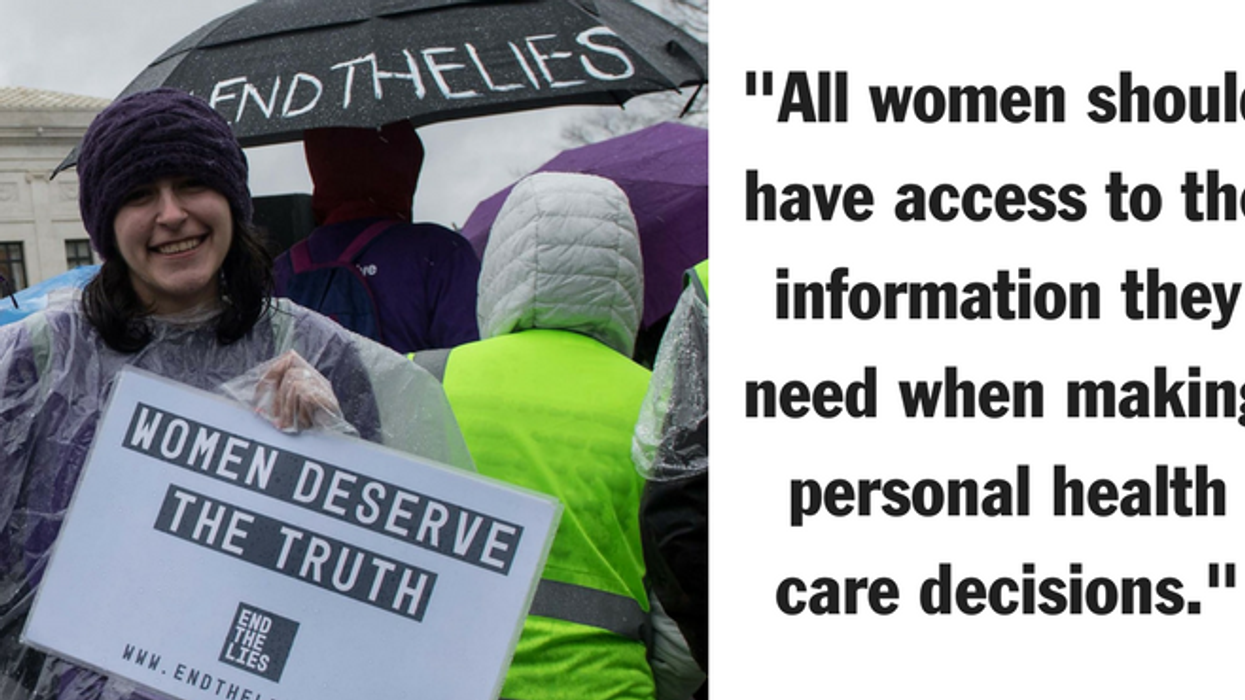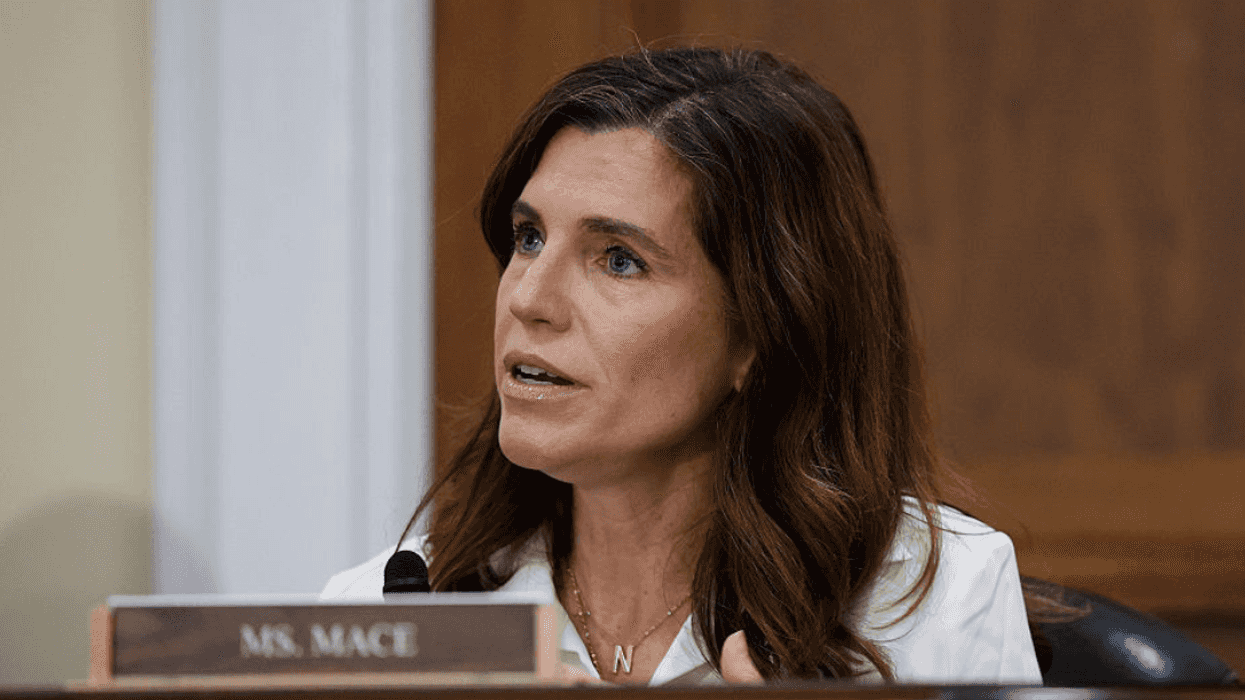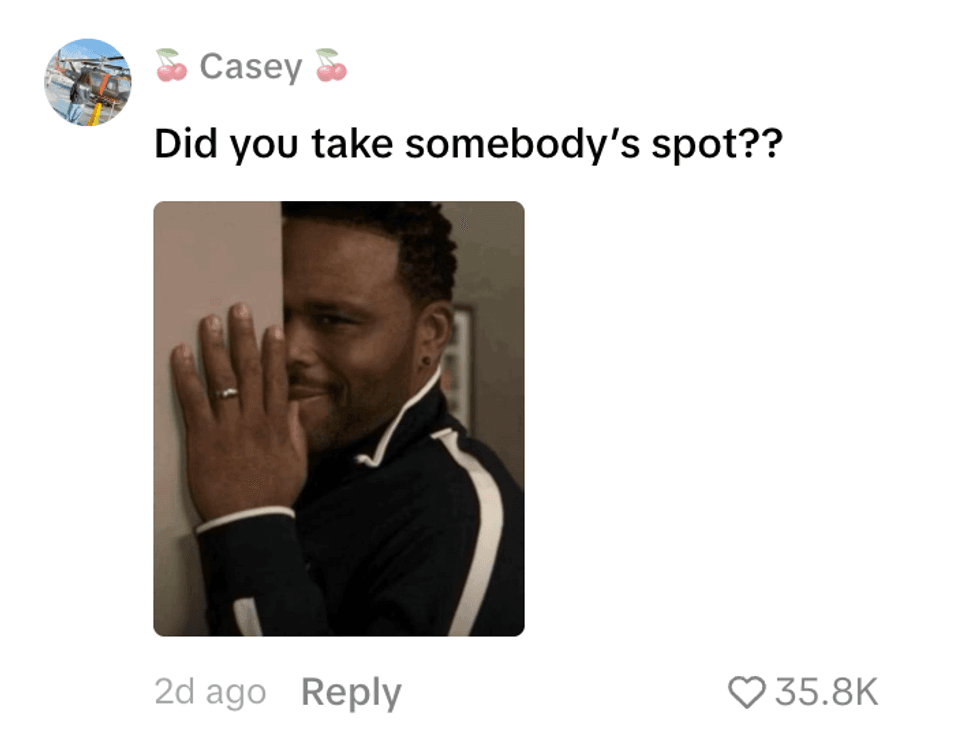The United States Supreme Court has agreed to hear a case that will determine whether health clinics that claim religious affiliation have the legal right to mislead women in order to prevent an abortion.
The case is based on a California law that requires licensed pregnancy clinics inform patients about family planning services, including abortion, that are subsidized by the state. The plaintiffs are a group of California-based clinics who are claiming that the California law violates their First Amendment rights to free speech and free exercise of religion.
"The California Reproductive Freedom, Accountability, Comprehensive Care, and Transparency Act requires licensed clinics, which provide services like ultrasounds, to disseminate a notice stating that California has programs providing "immediate, free or low-cost access" to comprehensive family planning services," wrote CNN.
Alliance Defending Freedom, a group who represents the clinics, is challenging an denial by the 9th U.S. Circuit Court of Appeals, who ruled that the state of California used "reasonable licensing" in enforcing the legislation, thus "ensuring that its citizens have access to and adequate information about constitutionally protected medical services like abortion."
"Information is power," California Xavier Becerra said in a statement, "and all women should have access to the information they need when making personal health care decisions."
Attorneys for the state of California argued that the FACT law doesn't infringe upon religious expression because it doesn't require clinics to recommend or refer patients to clinics that provide abortions, but merely to present them as an additional option. Pregnancy centers are never required to offer abortion services under California law.
"The clinics were masquerading as full service reproductive health clinics and deceiving women into thinking they could get bona fide reproductive health care," said Amy Myrick, a staff attorney at the Center for Reproductive Rights, which advocates for women's reproductive rights. "In fact, the clinics don't make abortions and contraceptive coverage available."
Several justices on the conservative-leaning Supreme Court expressed their skepticism about the constitutionality of the FACT law, including liberal Justice Sonya Sotomayor, an Obama-appointee. She said the law as "more burdensome and wrong," echoing the sentiments of Justice Anthony Kennedy. "It seems to me that is an undue burden…and that should be enough to invalidate the statute," Kennedy said. But these opinions applied only to the advertising aspect of the law.
Since many clinics provide services like pregnancy screenings and ultrasounds, Sotomayor opined that these count as medical procedures and informed consent laws therefore apply. "I don't know what an ultrasound is, if not a procedure. I don't know what a pregnancy test is if not a procedure," she said. Justice Steven Breyer agreed. He pointed out that previous a Supreme Court ruling involving informed consent between doctors and their patients set a precedent for upholding the law.
"In law, what's sauce for the goose, is sauce for the gander," said Breyer. "There are millions of people in the country who have views that are completely opposed. That's why the law should keep it as simple as possible."
The Supreme Court is expected to rule on this case before June, and given the current make-up of the court, along with what they view as the nebulous nature of the law, it's likely changes will be made to the law under the slipper-slope guise of religious freedom. It's also possible the law could be tossed out entirely on constitutional grounds.















 Awkward Pena GIF by Luis Ricardo
Awkward Pena GIF by Luis Ricardo  Community Facebook GIF by Social Media Tools
Community Facebook GIF by Social Media Tools  Angry Good News GIF
Angry Good News GIF 
 Angry Cry Baby GIF by Maryanne Chisholm - MCArtist
Angry Cry Baby GIF by Maryanne Chisholm - MCArtist 
 @adriana.kms/TikTok
@adriana.kms/TikTok @mossmouse/TikTok
@mossmouse/TikTok @im.key05/TikTok
@im.key05/TikTok @biontrtwff101/TikTok
@biontrtwff101/TikTok @likebrifr/TikTok
@likebrifr/TikTok @itsashrashel/TikTok
@itsashrashel/TikTok @ur_not_natalie/TikTok
@ur_not_natalie/TikTok @rbaileyrobertson/TikTok
@rbaileyrobertson/TikTok @xo.promisenat20/TikTok
@xo.promisenat20/TikTok @weelittlelandonorris/TikTok
@weelittlelandonorris/TikTok @katiebullit/TikTok
@katiebullit/TikTok @rube59815/TikTok
@rube59815/TikTok
 u/Fit_Bowl_7313/Reddit
u/Fit_Bowl_7313/Reddit